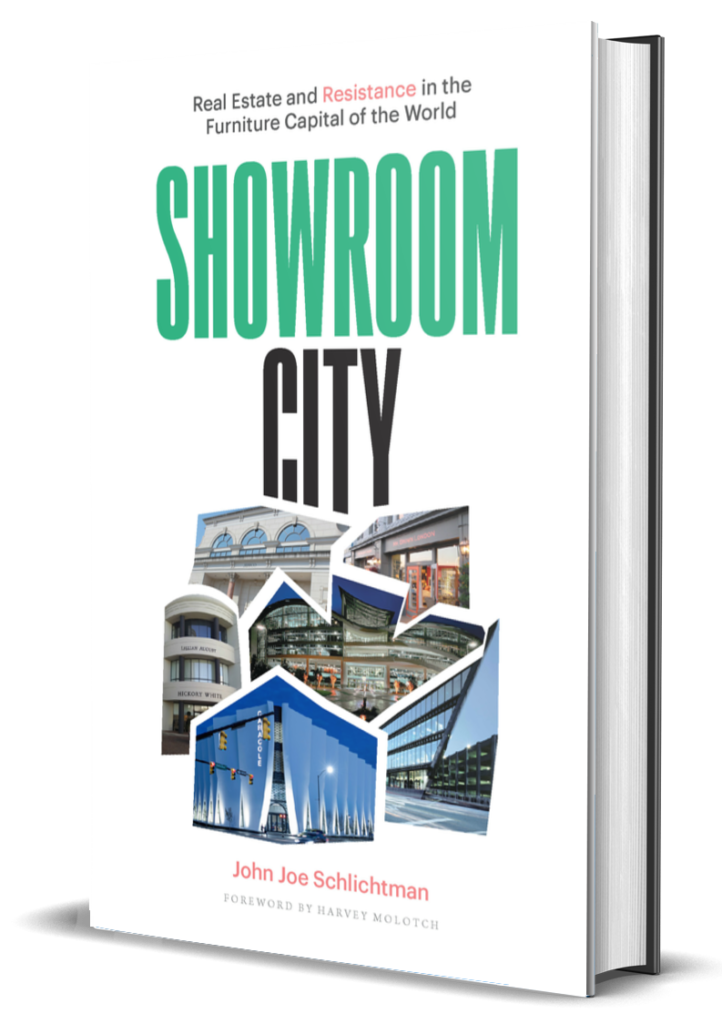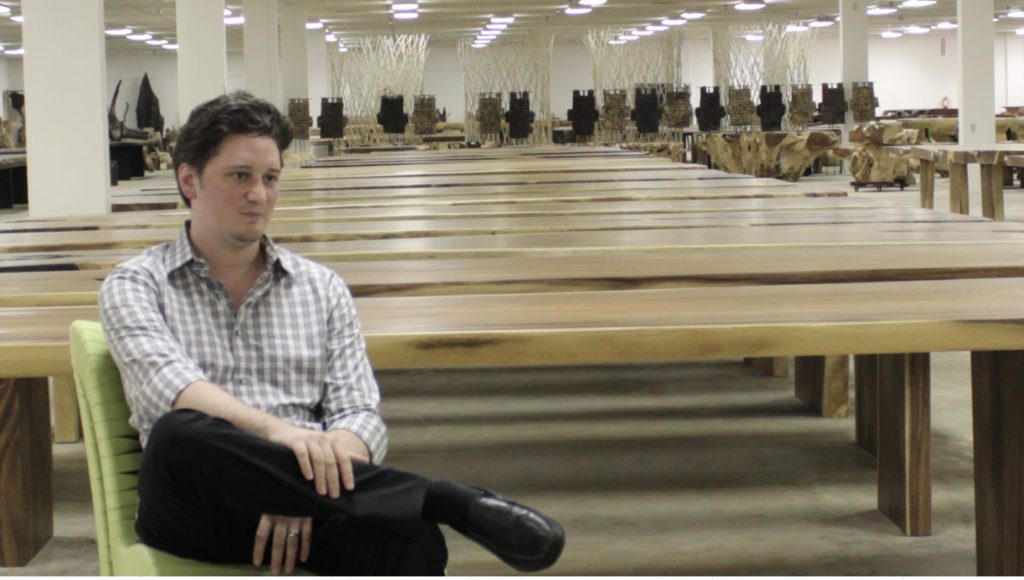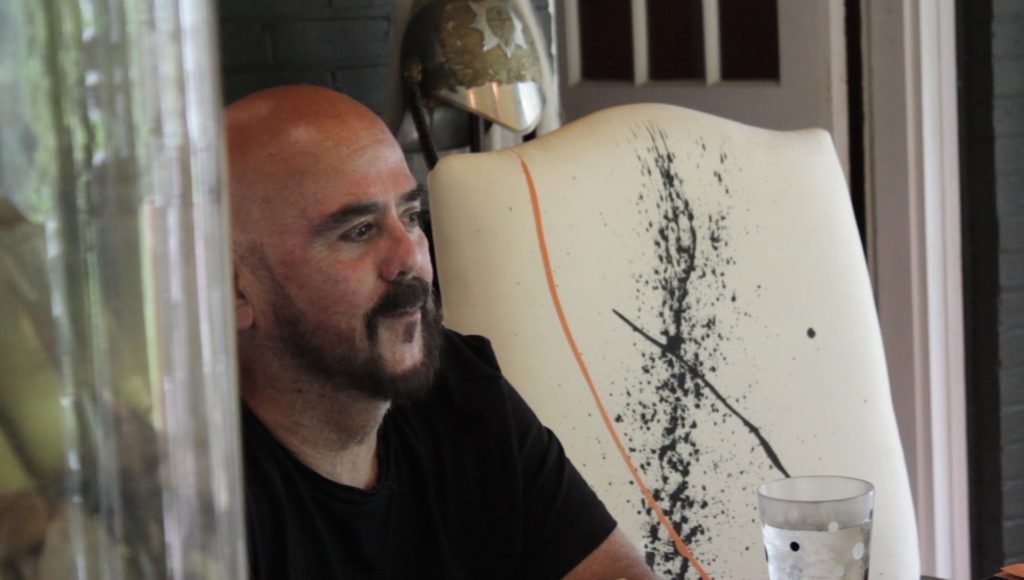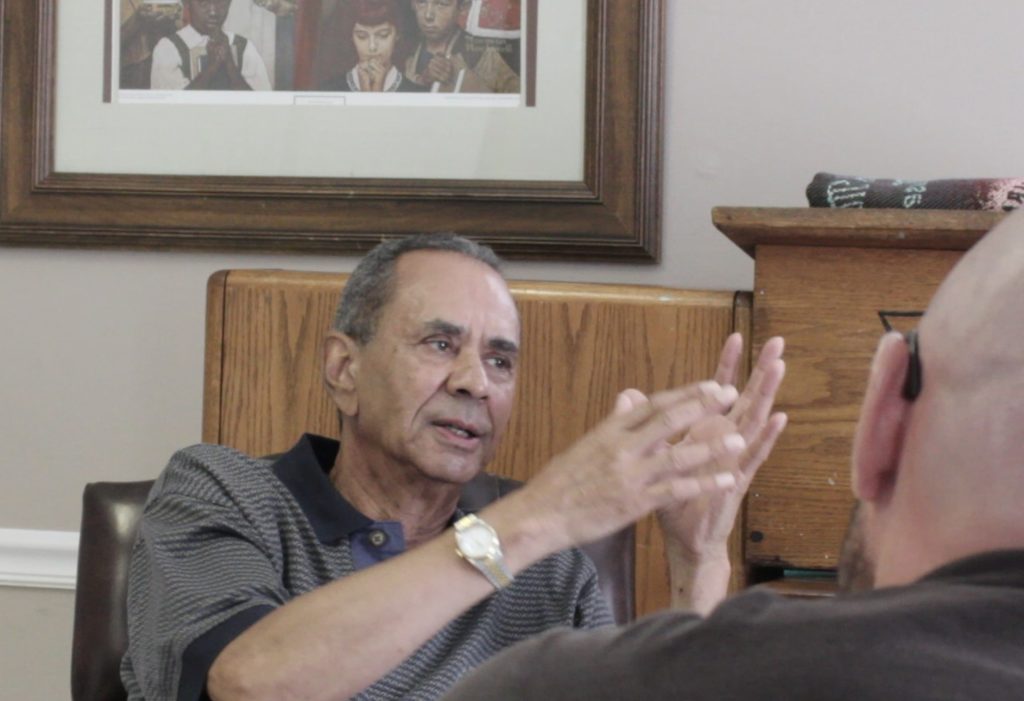
“The claim to fame may be esoteric, but the story is, in a way, a timeless one.”
Sarah Holder
Bloomberg CItyLab
“A fresh understanding of how cities operate and, more importantly, how that can change.”
Harvey Molotch
New York University
“Undoing the decades of racial, cultural and economic decisions that led to the current state of affairs in High Point will not be easy. But learning how it got to where it is now is the book’s value to anyone who makes their living buying, selling and creating furniture—or even sending it to the landfill.
Warren Shoulberg
Business of Home Magazine
“Schlichtman’s Showroom City is a fun book with a weird case….Can a place be gentrified if there are no gentrifiers present? Can a place be economically dynamic but socially ossified? Crummy fast food chains with cracked asphalt parking lots are not supposed to abut architecturally ambitious glass and steel office and exhibition buildings. And yet this is how life in High Point goes—its weirdness is on full display.”
Max Besbris
Contemporary Sociology
“Part local history, part personal journal, part urban planning analysis and critique, Showroom City for the most part is easy reading, filled with voices of High Point residents. It is a story with only a handful of identified good guys—both men and women—and many everyday people who see the downtown as in the grips of largely impersonal, international forces they don’t understand.”
Guy Lucas
High Point Enterprise
“Showroom City is an engaging and important analysis of how a small city like High Point, North Carolina, became an urban node of globalization with architectural gravitas and specialized flows of commerce, mediated by regional and racial complexities.”
Saskia Sassen
Columbia University
“What the Market has done to downtown High Point is extraordinary…”
Roger Goldman
Mountain Money
“High Point defies most urban assumptions, classifications, and labels. Throughout his book, John Joe Schlichtman intersperses insights from his many interviews…with insights from the scholarly literature.”
Katrin B. Anacker
Journal of Urban Affairs
‘John Joe Schlichtman immersed himself in High Point, talking to market officials, vendors and other market stakeholders as well as High Pointers and city officials. His book, Showroom City, begins in the early 1960s and examines what High Point was, what it is and what it could be.”
Thomas Lester
Furniture Today
“The book was fascinating to read. The reviewer’s copy is now full of underlining, exclamation points, circled phrases, and side notes.…The in-depth study of High Point, NC, makes the reader consider how communities are shaped, grow and evolve, and how a community chooses to relate to the outside world, both locally and at large.”
Kathleen Parrott
Journal of Family Consumer Sciences
Most Recent Recorded Lecture
Showroom City Related News
Description
An engaging account of local urban decision-making within the globalizing world
High Point, North Carolina, is known as the “Furniture Capital of the World.” Once a manufacturing stronghold, most of its furniture factories have closed over the past forty years, with production shipped off to low-wage countries. Yet as manufacturing left, the city tightened its hold on a biannual global exposition that serves as the world’s furniture fashion runway. At the High Point Market, visitors from more than one hundred nations traverse twelve million square feet of meticulous design. Downtown buildings—once courthouses, movie theaters, post offices, and gas stations—are now chic showroom spaces, even as many sit empty between each exposition.
In Showroom City: Real Estate and Resistance in the Furniture Capital of the World, John Joe Schlichtman applies an ethnographic lens to the global exposition’s relationship with High Point after it defeated rival Chicago in the 1960s and established itself as the world’s dominant furniture center. In recent decades, following trends in global finance, private equity firms were increasingly behind downtown High Point’s real estate transactions, coordinated by buyers far removed from the region. Then, in one massive transaction in 2011, a firm funded by Bain Capital purchased every major showroom building, and the majority of downtown real estate was under one owner.
Showroom City is a story of exclusionary growth and unchecked development, of a city flailing to fill the void left by its dwindling factories. But beyond that Schlichtman engages the general lessons behind both High Point’s deindustrialization and its stunning reinvention as a furniture fashion, merchandising, and design node. With great nuance, he delves deeply to reveal how power operates locally and how citizens may affirm, exploit, influence, and resist the takeover of their community.









